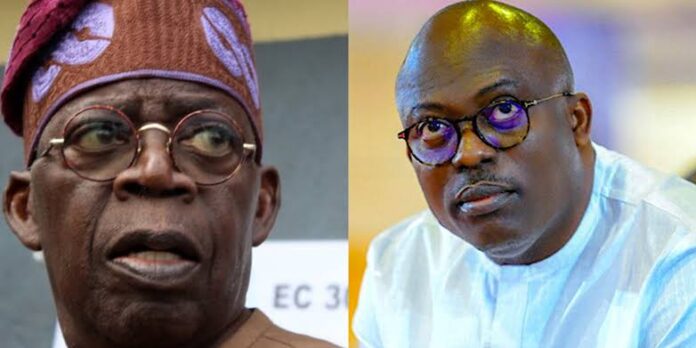The Federal Government has officially received a legal case from 11 governors who are members of the Peoples Democratic Party (PDP). These governors are unhappy about President Bola Tinubu’s recent decision to declare a state of emergency in Rivers State.
The governors are from these 11 states: Adamawa, Enugu, Osun, Oyo, Bauchi, Akwa Ibom, Plateau, Delta, Taraba, Zamfara, and Bayelsa. They have taken the matter to the Supreme Court — which is the highest court in Nigeria — asking if the President has the power to remove a sitting governor and take over the state government.
Why Are They Going to Court?
On March 18, President Tinubu declared a state of emergency in Rivers State. This means he believed things were going very wrong there — like a big crisis — and he needed to step in. As part of this emergency, he:
- Suspended Governor Siminalayi Fubara
- Suspended Deputy Governor Ngozi Odu
- Suspended all the members of the Rivers State House of Assembly (these are people who make laws for the state)
- Appointed a retired Navy officer, Vice Admiral Ibok-Ete Ibas, as Sole Administrator to run the state for six months What Are the Governors Saying?
The 11 PDP governors say this action is not allowed by the Nigerian Constitution. They believe only the people, through elections, can decide who governs a state, not the President.
In their case (suit number SC/CV/329/2025), they are asking the court important questions like:
- Can the President remove a governor and replace him with someone who wasn’t elected?
- Can the President close down a state’s House of Assembly just by declaring an emergency?
- Does this not go against the Constitution, which says Nigeria must have federalism — where states are partly independent and not controlled by the central government?
What’s Happening Now?
The case has now been sent to the Attorney General of the Federation (AGF), who is the government’s chief lawyer. The AGF has 14 days to reply and explain why the President’s actions should not be seen as illegal.
A top official at the Ministry of Justice in Abuja confirmed this but did not want their name mentioned. They said the Federal Government is now getting ready to defend its actions in court.
What Happens Next?
The Supreme Court will look at all sides and decide whether the President was right or wrong. This case is important because it will help clarify what powers the President has — and what powers only belong to elected governors and state lawmakers.
Many people in Nigeria are watching closely to see how this big constitutional matter will be settled.



